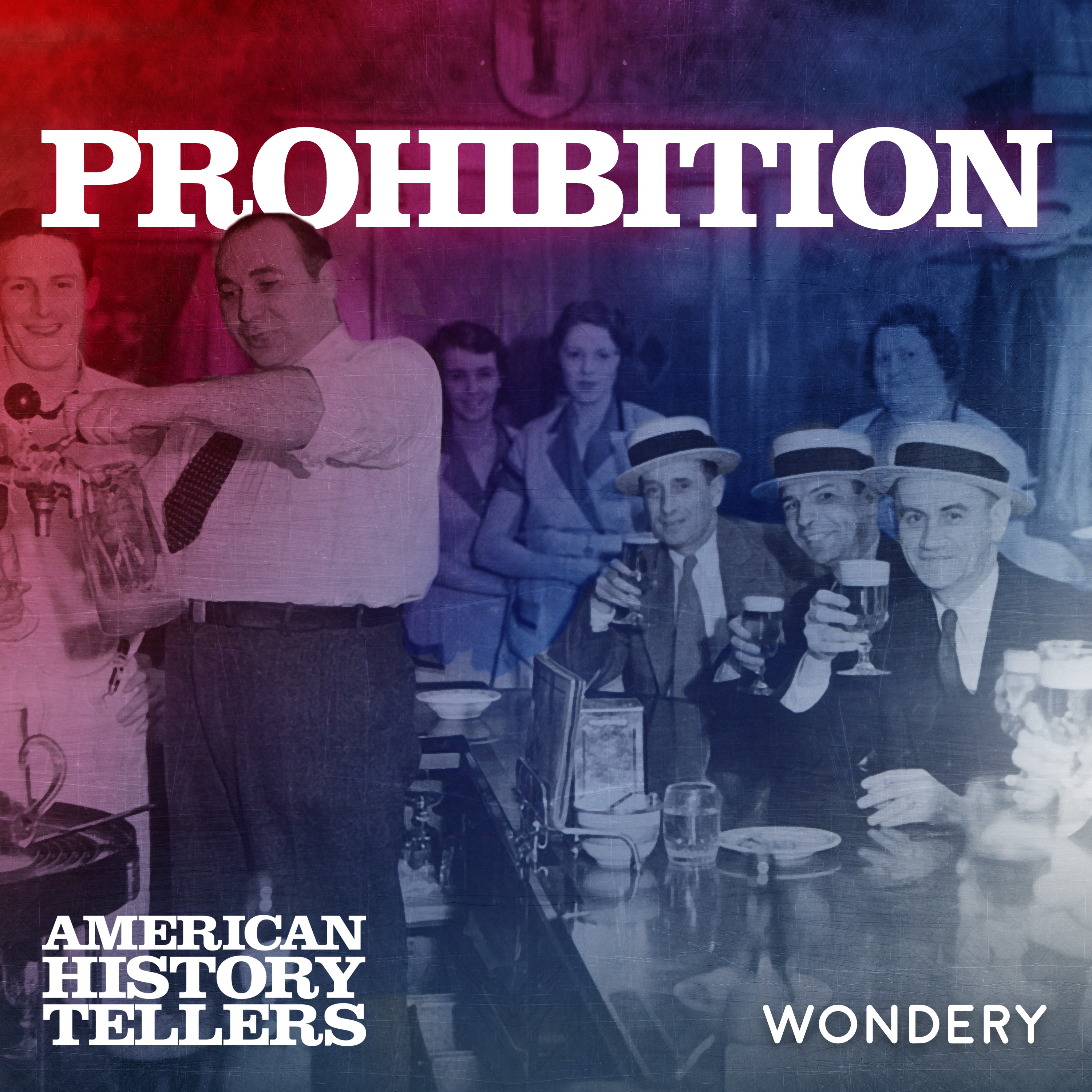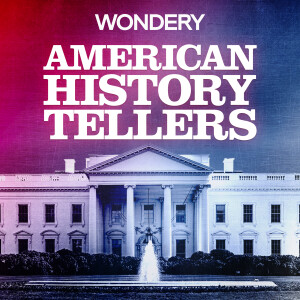
The people had spoken: They wanted beer, and they wanted it now, but not just for drinking. Protestors wanted the jobs that came with breweries, and the country was desperate from the money that could come from alcohol taxes. As quickly as temperance organizations sprang up in the decade before, anti-Prohibition organizations appeared in every city. But, a constitutional amendment had never been repealed before. The anti-Prohibition leagues realized they needed someone bigger than a governor or mayor to repeal this. They went after the Presidency.
For a deeper understanding of the interplay between beer, taxation and the history of Repeal, Ambitious Brew: The Story of American Brew by Maureen Ogle is essential reading.
Kenneth D. Rose’s American Women and the Repeal of Prohibition provided insight into Pauline Sabin’s work, as did David J. Hanson’s comprehensive resource, Alcohol Problems and Solutions.
Those who want to do a deeper dive into the 1932 DNC and the mob’s involvement, you can read more in the article from Salon, Corruption for Decades. Lisa McGirr’s The War on Alcohol: Prohibition and the Rise of the American State also explores the relationship between the New Deal and Repeal. For more on Cox’s Army, check out The Bonus Army: An American Epic by Paul Dixon and Thomas B. Allen.
Andrew Barr’s Drink: A Social History of America contains a great chapter about the failure of controls and the legacy of prohibition in state liquor laws and the relationship between California’s wine industry and repeal is well documented in When the Rivers Ran Red by Vivienne Sosnowski. To catch up with the bartenders who are bringing back pre-Prohibition cocktails, David Wondrich’s Imbibe is required reading.
Support us by supporting our sponsors!
More Episodes
 2023-09-20
2023-09-20
 2023-07-12
2023-07-12
 2023-07-05
2023-07-05
 2023-06-28
2023-06-28
 2023-06-21
2023-06-21
 2023-06-14
2023-06-14
 2023-05-24
2023-05-24
 2023-05-17
2023-05-17
Create your
podcast in
minutes
- Full-featured podcast site
- Unlimited storage and bandwidth
- Comprehensive podcast stats
- Distribute to Apple Podcasts, Spotify, and more
- Make money with your podcast
It is Free
- Privacy Policy
- Cookie Policy
- Terms of Use
- Consent Preferences
- Copyright © 2015-2024 Podbean.com




